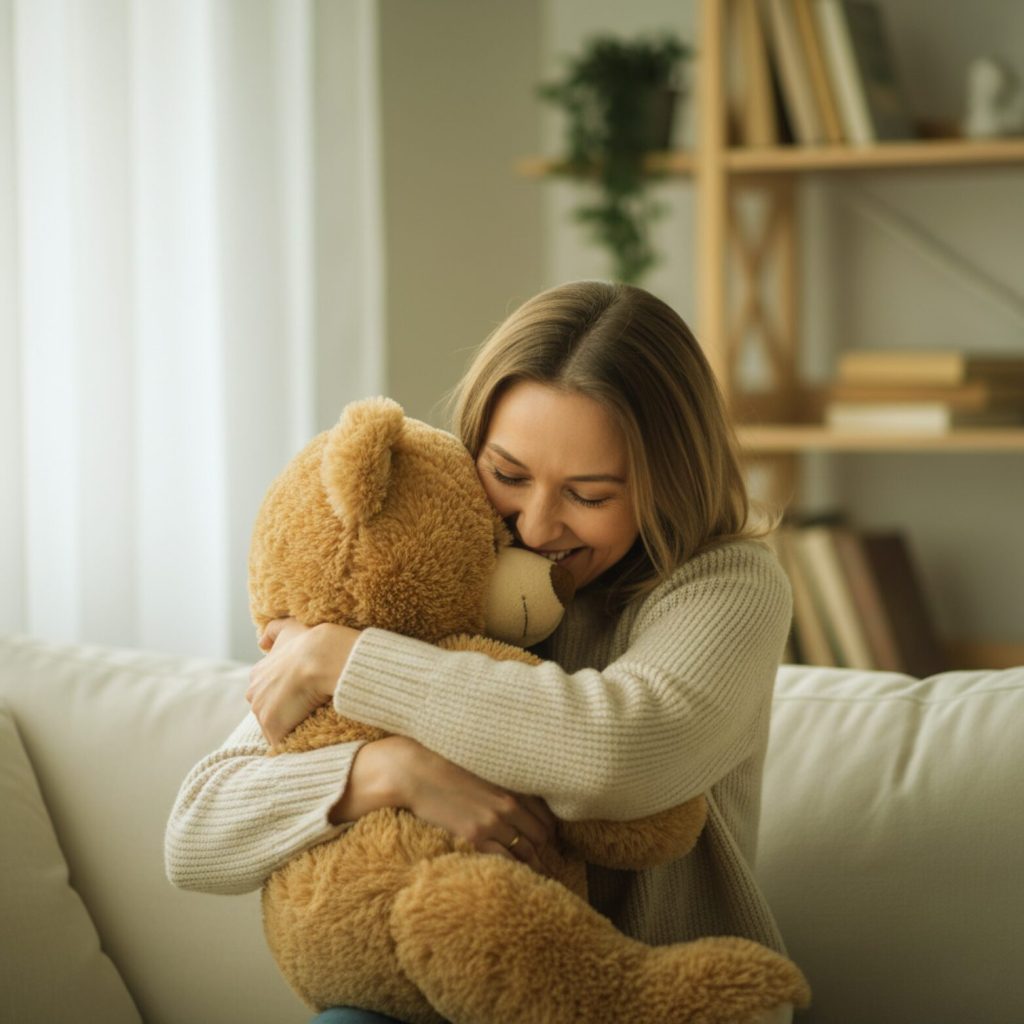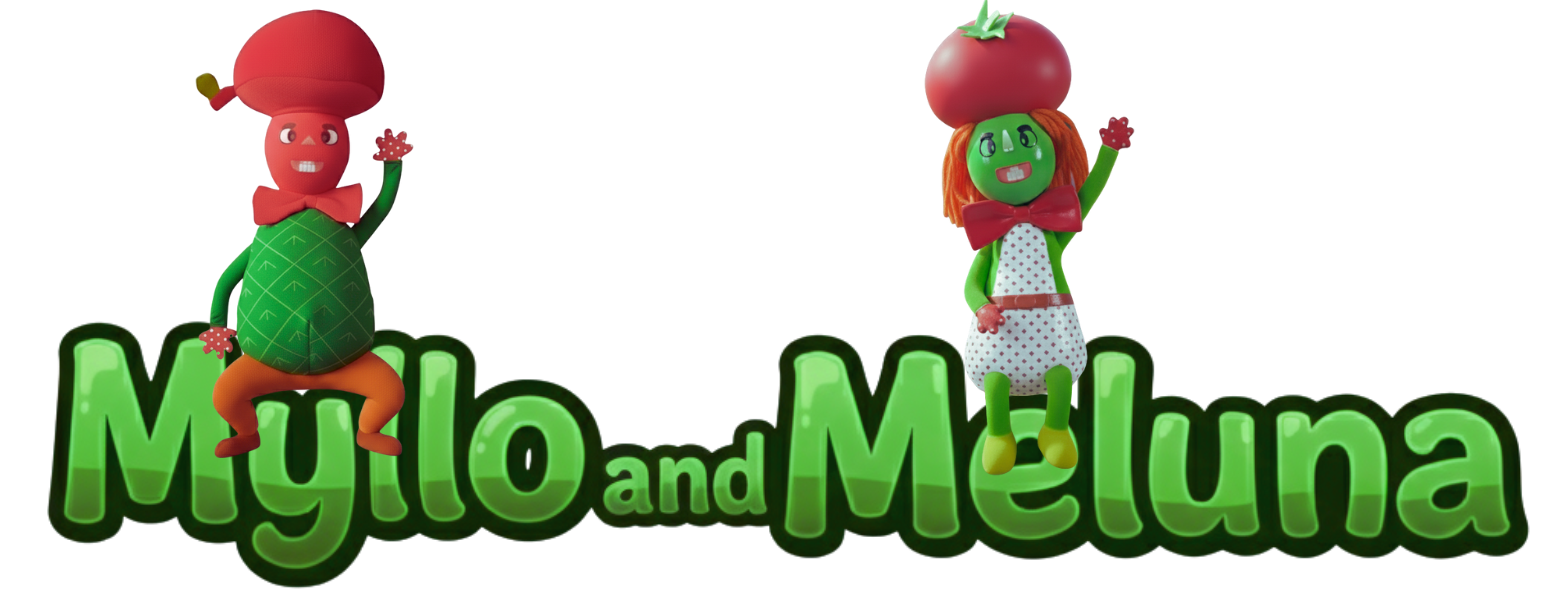We all remember that one soft toy we loved the most. Maybe it was a bear, a bunny, or a bright, smiley friend who made the world feel safe.
For children and adults alike, soft toys are more than things to cuddle. They’re quiet companions that comfort, teach, and remind us that care can be found in the smallest, softest moments.

The Universal Comfort of Plush Toys
From tiny hands to grown-up hearts, everyone needs comfort sometimes. Plush toys offer that in a simple, powerful way.
Soft textures, kind faces, and familiar scents help babies and toddlers feel safe when the world feels big. But comfort doesn’t stop at childhood. Many adults still keep a soft toy nearby, sometimes as a keepsake, sometimes as a quiet form of emotional support.
Research from the British Psychological Society (2023) shows that familiar, comforting objects can lower stress and help us feel secure. For young children, soft toys act as “transitional objects” that make separation easier and new experiences less frightening. For adults, they’re reminders that it’s okay to seek softness and calm, no matter our age.
(Sources: British Psychological Society, 2023; NHS Early Years Development Framework, 2024)
How Plush Toys Help Children Learn and Grow

Soft toys aren’t just for cuddles, they help children learn about the world.
When a child feeds a toy, tells it a story, or tucks it into bed, they’re practising empathy, creativity, and responsibility. They’re learning that kindness matters.
In early learning settings, plush toys can reduce anxiety, improve focus, and make lessons more fun. Teachers often use “reading buddies, soft toys that children read to, to help build confidence and encourage expression.
According to Edutopia (2023), plush toys support emotional regulation and social learning. Children who engage in imaginative play with soft toys often show stronger communication skills and calmer responses to change.
(Sources: Edutopia, 2023; Early Education Journal UK, 2022)
How Plush Toys Support Adults Too

Many adults quietly keep a plush toy on a bed, desk, or shelf, not from nostalgia, but from the comfort it brings.
Psychologists explain that hugging something soft releases oxytocin, a hormone that lowers stress and increases feelings of connection.
Research from the University of Bristol (2022) found that comfort objects can reduce anxiety, improve sleep, and help people feel more settled during busy or emotional times.
Today, plush toys are even used in therapy and care settings. From dementia support to mental health clinics, they offer calm and familiarity.
Because no matter how old we are, a soft toy can remind us that gentleness and comfort are always within reach.
Plush Toys as Healthy Habit Helpers
Soft toys can also help children (and even adults) build happy routines.
For little ones, a plush friend can “join in” with brushing teeth, eating fruit, or tidying up, turning routines into something fun and familiar.
A parent might say, “Meluna is brushing her teeth too,” and suddenly, a task becomes play.
For adults, keeping a plush nearby can be a mindful reminder to pause, breathe, and take care of yourself. A small moment of softness can reset a long day.
(Sources: NHS Parenting and Family Wellbeing Hub, 2024; Early Education Journal, 2022)
Practical Ways to Use Plush Companions Every Day

For children:
- Bedtime comfort: Read a story with their plush beside them.
- Talking about feelings: Ask, “How does your friend feel today?”
- Calm time: Let them hold their plush during quiet moments or transitions.
For adults:
- Mindful breaks: Keep a plush on your desk or bedside for moments of calm.
- Sleep support: Hugging something soft can help the body relax.
- Family connection: Share story or playtime with your child’s plush toys.
(Source: Cambridge Child Development Study, 2023)
Closing Thoughts
Whether you’re six months or sixty years old, a plush friend can make life feel a little softer.
They listen without interrupting, comfort without words, and remind us that kindness often begins with the smallest things.
At MnMCutesy, we believe these moments matter, not just for children, but for everyone learning, growing, and finding joy in everyday comfort.
So pick up your favourite plush, share a smile, and remember: comfort has no age.
Bring the Magic Home
Visit mnmcutesy.com to meet Mr Cutesy Myllo and Miss Cutesy Meluna, two friendly companions designed to inspire healthy habits, creativity, and calm moments.
Follow @myllo_and_meluna on Instagram for gentle inspiration, family ideas, and real stories of how softness connects us all.
FAQs
1. Why are soft toys comforting?
Soft toys create safety through familiar touch and scent. They help the brain release calming hormones that reduce anxiety and bring peace.
2. Do adults really benefit from plush toys?
Yes. Studies show that comforting objects help lower stress, ease sleep, and support emotional balance in adults too.
3. Can plush toys help children learn?
Yes. Plush toys encourage storytelling, empathy, and imagination, all key parts of emotional and social development.
4. How can families use soft toys in daily routines?
Include them in bedtime, playtime, or calm-down moments. Plushies can make daily routines feel more positive and enjoyable.
5. Why do we feel so attached to soft toys?
Because they represent warmth, safety, and unconditional comfort, something everyone needs, regardless of age.
